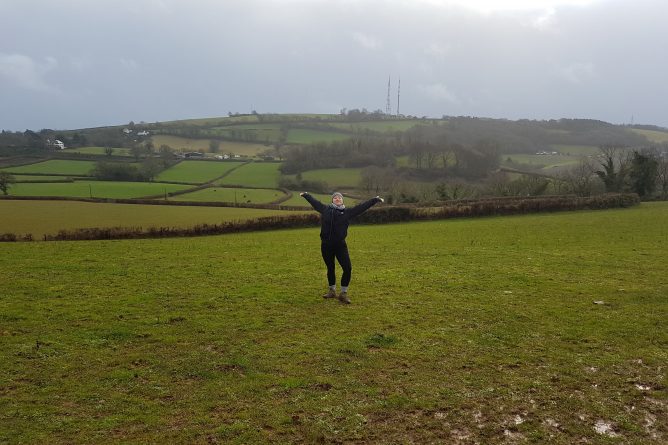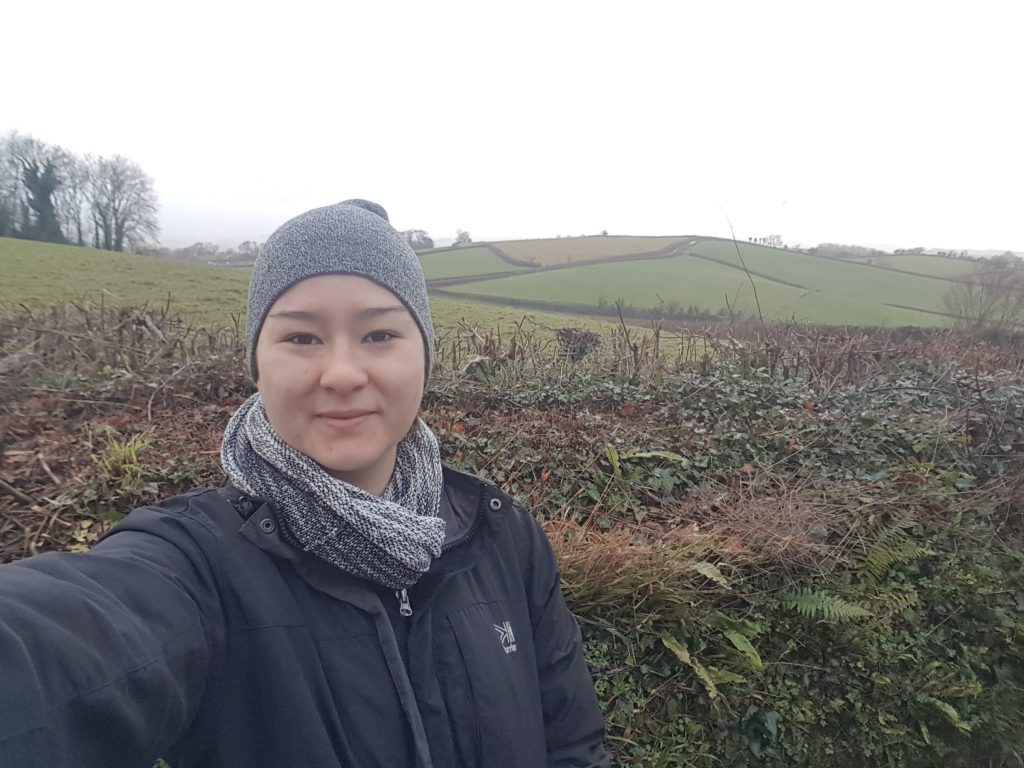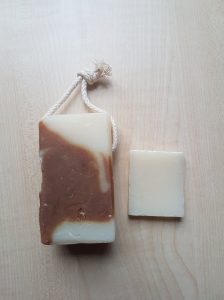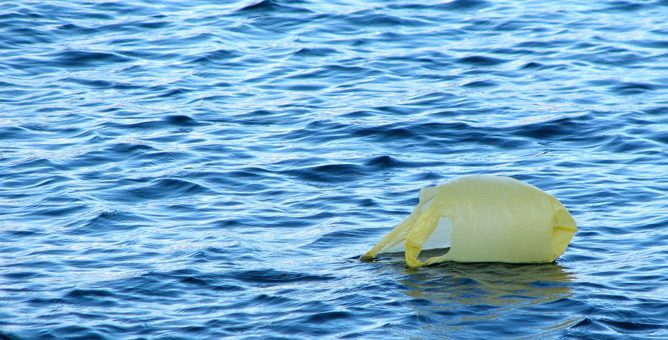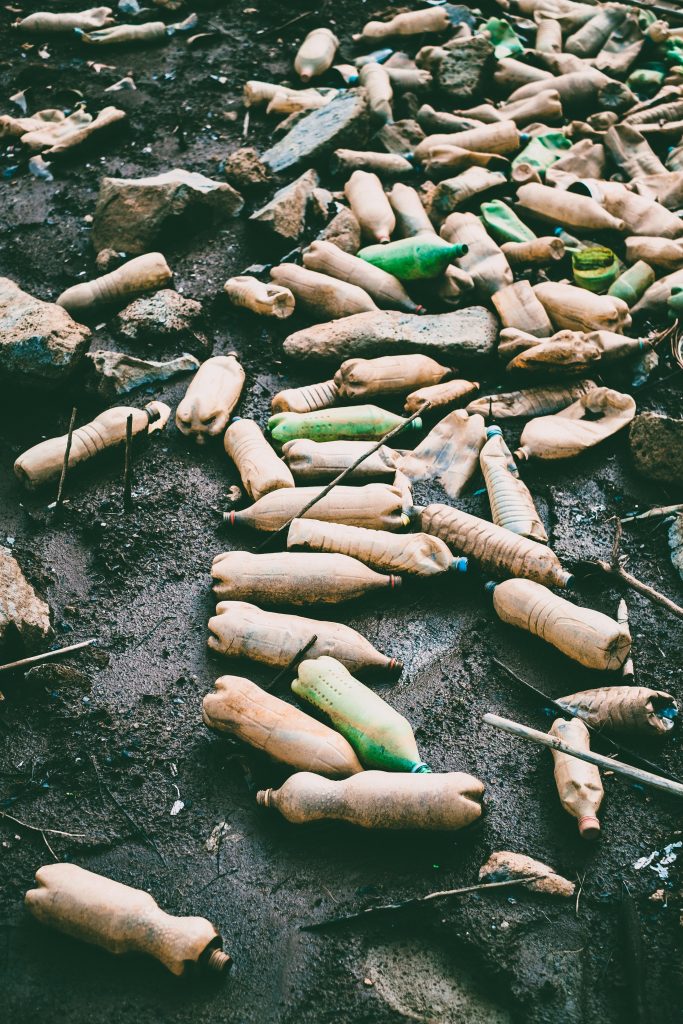Guest post by SDG Ambassador Julia Daly
———————————————————————–
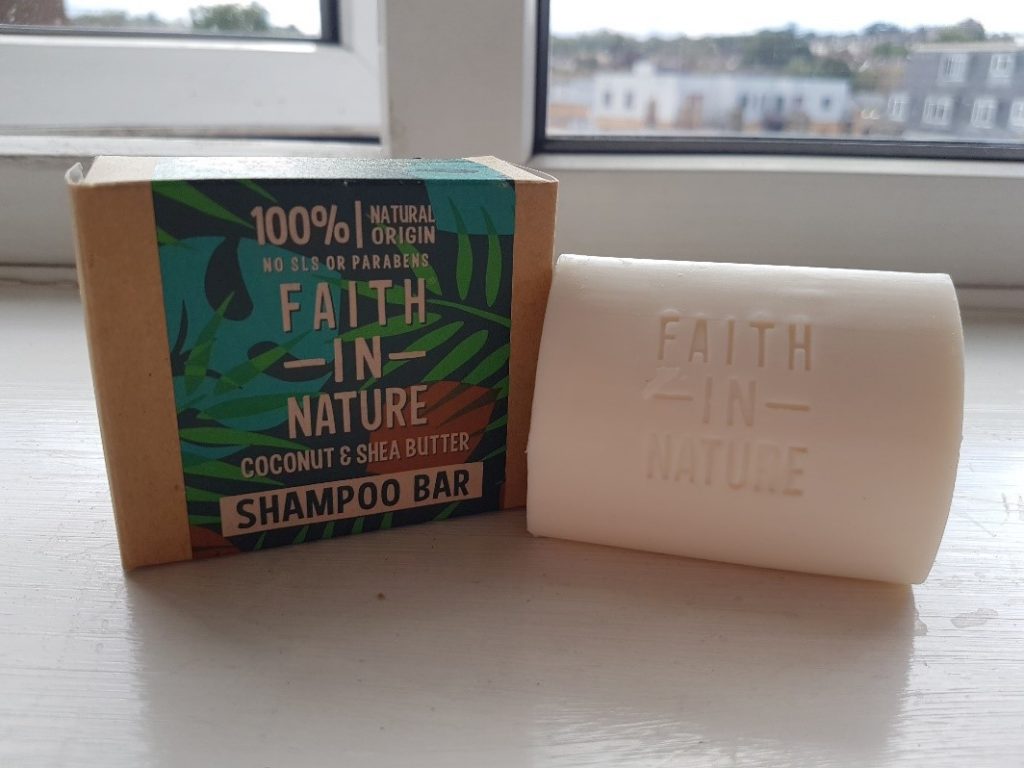
Welcome to the last blog post of this plastic reduction series. I’ve seen many undergrads already receiving their final results, and many postgrads, myself included, will soon be handing in (or have already handed in) our final dissertations. With this closure to the academic year, I will also be bringing this blog series to an end. But before I go, I would like to share two shampoo bar products that I have tried and loved. Shampoo bars that work for your particular hair type are, in my experience, the most difficult to find when it comes to plastic free alternatives, so I am THRILLED to have found two that both work.
Today’s focus are shampoo bars from two brands: Eco Warrior and Faith in Nature. Both are available from Holland and Barrett and Boots so very accessible. Eco Warrior are a British brand that make soap which is vegan, cruelty free and eco-friendly using recyclable packaging. Similarly, Faith in Nature are also UK based, cruelty free, vegan and reducing plastic use by using recyclable and recycled packaging. Eco Warrior are a purely soap bar company, whereas Faith in Nature provide a plethora of options: soap bars, liquid shampoo in fully recycled plastic bottles, the option of buying 5 litre or 20 litre bottles of liquid product to reduce plastic consumption and refill stations in stores across the country.
Eco Warrior – Shampoo Bar, Orange and Ginger Essential Oils, 100g for £4.00
A good size shampoo bar that lathered well when wet. As I’ve not had a great experience with shampoo bars in the past, I found that this one was the first to lather well and could be used by directly placing the bar onto my hair without leaving clumps of product behind. It does take a while to cover your entire head and get to the roots, I would say about twice as long as with liquid product. My hair didn’t need a lot of time to get used to the new product, perhaps a week or so, and after washing, my hair felt very clean and oil free. The only thing that wasn’t ideal about the product was that it seemed to half in size after every use, meaning that it only lasted about a month and a half. My hair, being thick and long probably expedited the use of the product so someone with thinner, shorter hair would definitely get a lot more use out of one bar.
Faith in Nature – Shampoo Bar, Coconut & Shea Butter, 85g on sale for £4.34, RRP £5.79
I have only just started using this shampoo bar but needed to include it in this post despite not giving it a full trial. Despite being a smaller bar, it doesn’t seem to use as much product per wash compared to the Eco Warrior bar implying it will last longer (picture shows new, unused bar on the left vs bar used for two washes on the right).
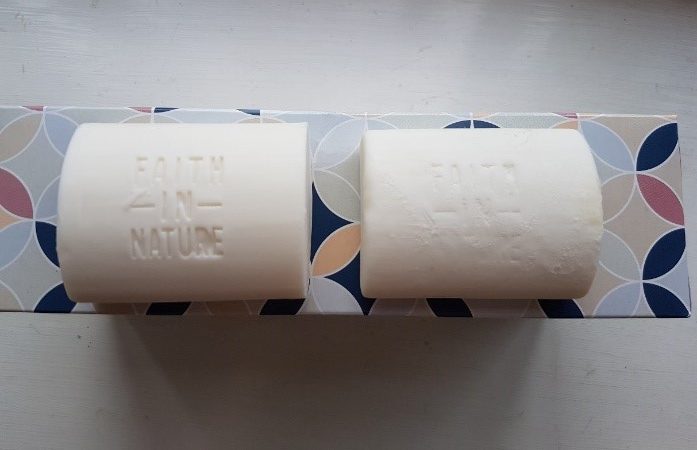
The thing I noticed which was consistent between bars is the necessary for patience to get enough product for a good lather. But once this is achieved, the result is squeaky clean. Both products weren’t particularly drying or moisturising, so you just achieve a neutral clean. Both bars had a pleasant, mild scent which does not linger in your hair once it is rinsed and dried which some people prefer. If you do like to have some scent to your hair or require extra moisturiser, I recommend following up with a conditioner but this is by no means necessary!
Shampoo is a product I personally use a lot of due to my hair length and type so it is great to find plastic free alternatives although they are not 100% perfect! These were definitely a step in the right direction and may work better for you than they do for me depending on your hair type.
Thus concludes my student friendly guide to plastic reduction series! I am so grateful for the opportunity to contribute to the Sustainability Kent blog as a Sustainability Development Goals Ambassador. Although I will no longer be a student in the very near future, I hope to continue sharing my personal plastic reduction journey perhaps through a newly created blog dedicated to plastic reduction. Thank you to everyone who has given me such wonderful feedback and I hope the series is helpful to students and non-students alike!
Disclaimer: All opinions are my own. I purchased these items with my own money, they are not a gift nor is this post sponsored.
Check out Eco Warrior and Faith in Nature below:

